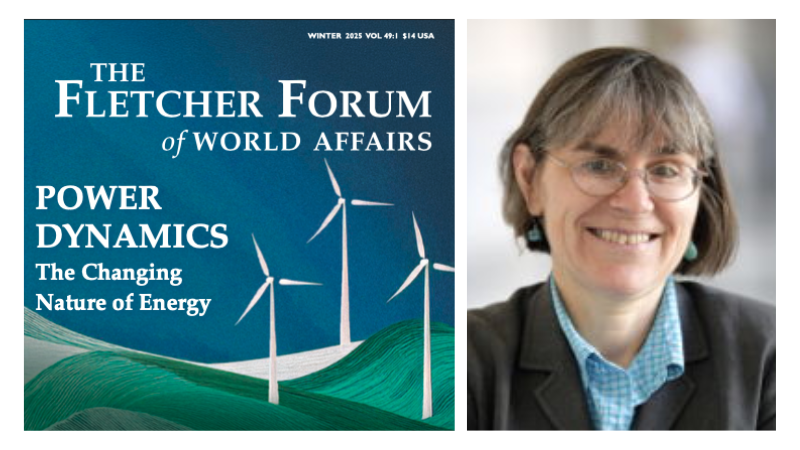
Ukraine’s Reconstruction Will Raise Key Energy and Natural Resource Challenges and Choices
By Dr. Margarita M. Balmaceda, Professor of Diplomacy and International Relations at Seton Hall University and (2024–2025) a Fellow at the Woodrow Wilson International Center for Scholars
ABSTRACT
Ukraine’s post-war reconstruction will face significant challenges in its energy and natural resource sectors. The agricultural and metallurgical sectors, which together accounted for two-thirds of pre-2022 export earnings, are central to Ukraine’s economic resilience and reconstruction. However, Ukraine’s heavy reliance on fossil fuels and outdated practices poses critical environmental and geopolitical dilemmas. In agriculture, growing dependence on a monoculturebased system focused on grains and oil seeds such as sunflowers, and on high levels of nitrogen fertilizer use, has led to soil depletion, water pollution, and supply vulnerabilities. The sector must transition to sustainable practices to ensure long-term productivity while maintaining its crucial role in global food security. In metallurgy, Ukraine’s pre-war reliance on high-emissions steel production methods resulted in substantial environmental costs. Reconstruction offers an opportunity to modernize the steel industry through green technologies such as hydrogen-based steelmaking, leveraging Ukraine’s potential for renewable energy production, but will require multi-billion dollar investments. Sustainable reconstruction—and the associated investment drive by Ukraine’s allies—is essential for Ukraine to achieve environmentally and economically viable growth and deal with new challenges such as the European Union’s Carbon Border Adjustment Mechanism.
Read the full article here.
(This post is republished from the Fletcher Forum of World Affairs.)
